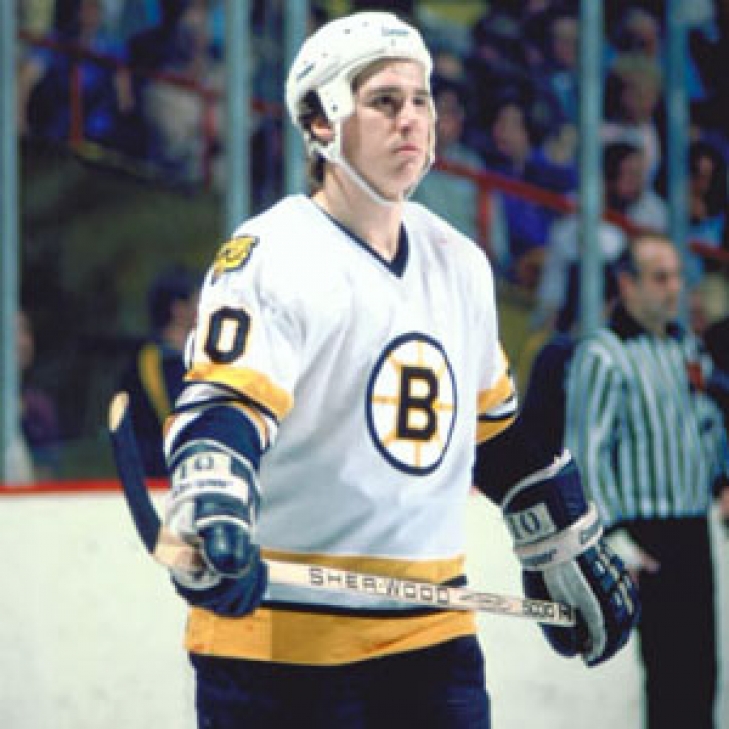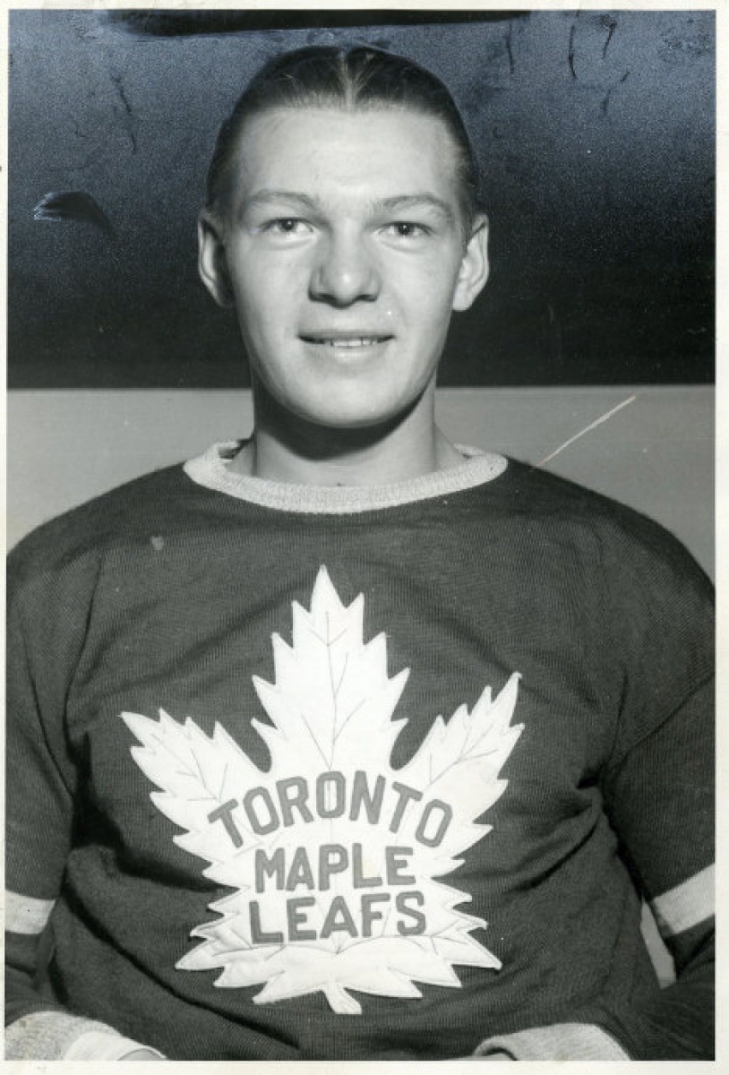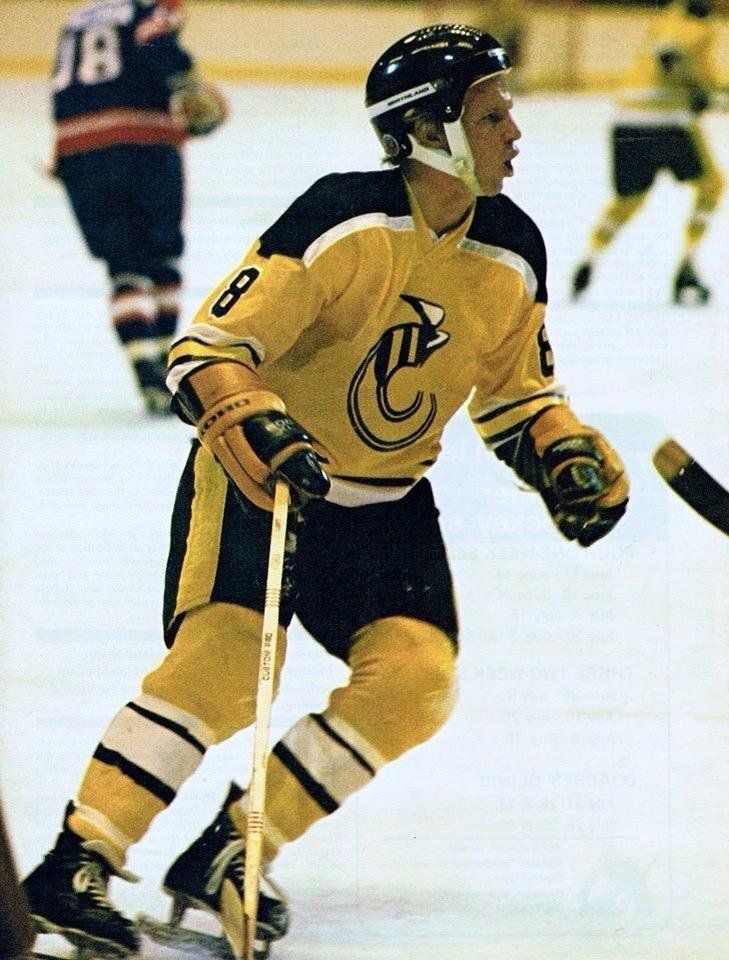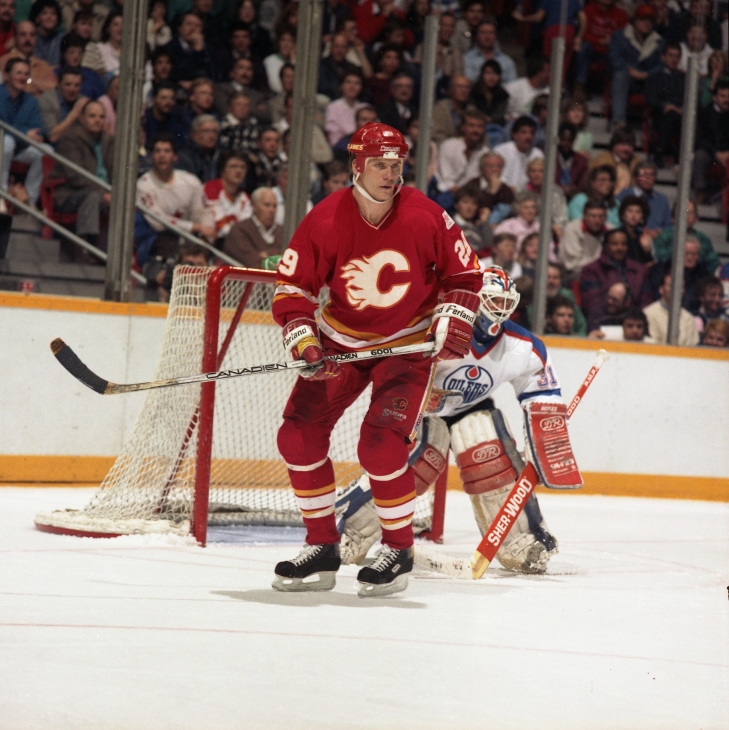Site Admin
241. Barry Pederson
Barry Pederson was the runner-up for the Calder Trophy in 1982 when he had a 92-Point Season for the Boston Bruins. In the next two years, he had 107 and 116 Points, respectively, both of which earned him a trip to the All-Star Game. He was fifth and sixth in Points respectively in those years, which, considering the high-potent scoring that took place in the 1980s, was no small accomplishment.
271. Wally Stanowski
242. Robbie Ftorek
236. Joel Otto
Joel Otto came from Elk River, Minnesota where he went starred for Bemidji State University. Otto would go undrafted but after what must have seen like an eternity, he was signed with the Calgary Flames. Otto would become a permanent fixture in the pro ranks in the 1985/86 season and found a niche excelling at the less than sexy aspects of the game. He had size that he could use was an excellent faceoff man and he would become an excellent defensive Centre. Otto never won the Frank J. Selke Award as the NHL’s best defensive Award but he finished 3rd on two occasions, was in the top ten another two times and received votes another four seasons.





